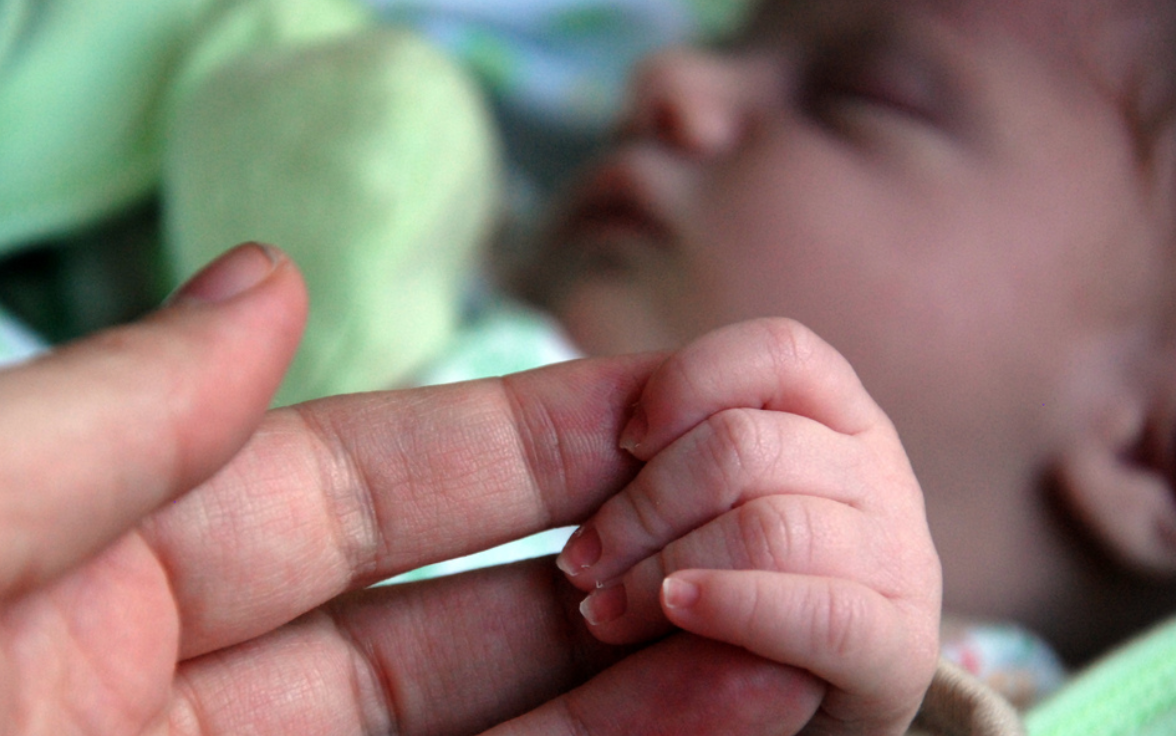Title Page
How Presidents From Trump to Washington Have Talked Cities in the State of the Union Address. CityLab.
Introduction
The Power of Love: Why maternal depression is an economic mobility issue. Brookings.
Given that mothers remain most likely to be the primary caregiver, maternal depression can therefore be an important risk factor for early child development. About 10 to 20 percent of mothers will be depressed at some time during their lives, and one in eleven infants will experience their mothers’ perinatal depression. Mothers who are poor are more likely to suffer from depression...
Executive Summary
Public testimony is considered a cornerstone of many public meetings and civic life and engagement: a way to gauge sentiment and incorporate critical feedback. But how meaningful is it really? That was the question behind Audrey McGlinchy's recent dive into the effectiveness of public testimony for KUT in Austin.
City council members there told McGlinchy that public comments at council meetings rarely changed their minds. They'd often either heard similar feedback at neighborhood meetings or via correspondence by the time the issue at hand made it to the city council, particularly when it came to high-profile issues.
"None of the five council members KUT reached could think of a time when he or she changed a vote because of something a citizen said during public testimony," noted McGlinchy.
It's a small sample size to be sure, but it speaks to larger questions of whether people are likely to change their mind on something after talking with someone with an opposing viewpoint or receiving new information.
Of course, there are other benefits of public testimony.
"Even if a person's ability to change an elected official’s mind is limited," explained McGlinchy, "there’s still the chance to persuade a fellow citizen," as activist Eric Goff stated: “Oftentimes, people will testify and then other people that are in the room will walk up and say, ‘Oh, we share this common value and it’s a chance to organize in the future.'"
And sometimes, change is more of a slow process than an on-the-spot reversal.
Conclusion
With reports and research rolling in suggesting that ride-hailing services like Uber can be linked to declining transit ridership, more traffic and other negative outcomes, it's worth thinking through all the bad things, as the Streetsblog USA headline suggests, about Uber, Lyft and similar services.
Writer Angie Schmitt breaks it down:
For one, she writes, they tend to operate in areas that already have decent transit options and instead of filling in those first- or last-mile gaps as some had hoped they might, they seem to be pulling some people away from transit. "Why would Uber and Lyft use be so high in dense, transit-rich areas," she asks. "Studies aren’t conclusive, but on average, Uber and Lyft riders, not surprisingly, skew rich and skew young."
This hurts transit not just because it pulls away potential riders but also because it means cars on the street, slowing things down for everyone, including transit riders. Schmitt calls it the "two cities effect," describing it as, "Relatively well off people in Ubers congesting the streets of Manhattan and San Francisco slow down buses full of relatively low-income people. By giving people who can afford it escape from the subway, Uber and Lyft also reduce social interaction between people of different classes and lead to a more stratified society."
Read the full list here.
Endnotes
First request of this sort I've seen by a Texas mayor: Houston mayor asks Harris County voter registrar to hold off on citizenship check on voters flagged by state. About 18,000 names came of Harris' initial list of 30K because of SOS error in data. #txlege https://t.co/ZkiZy9ltrb
— Alexa Ura (@alexazura) February 4, 2019

